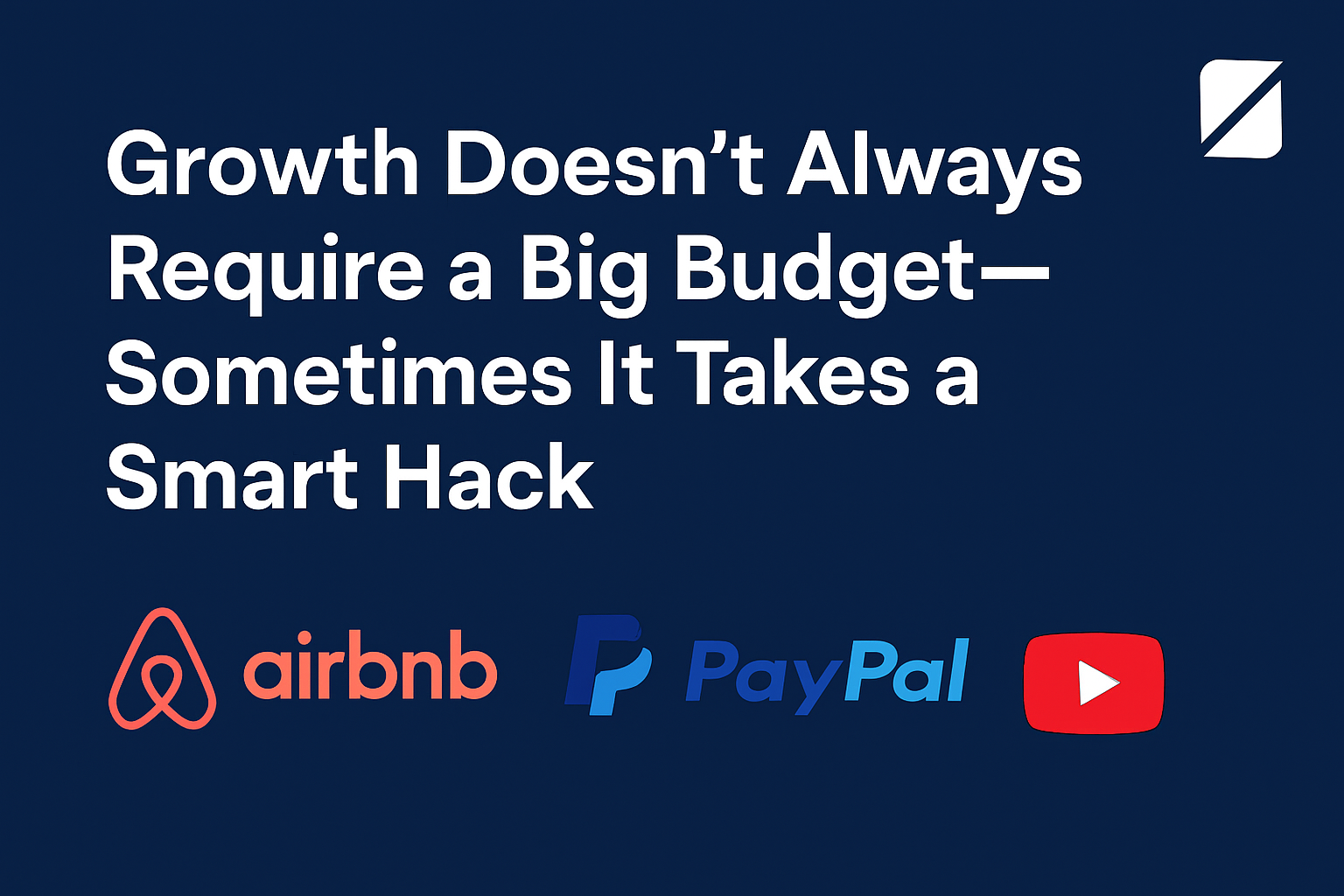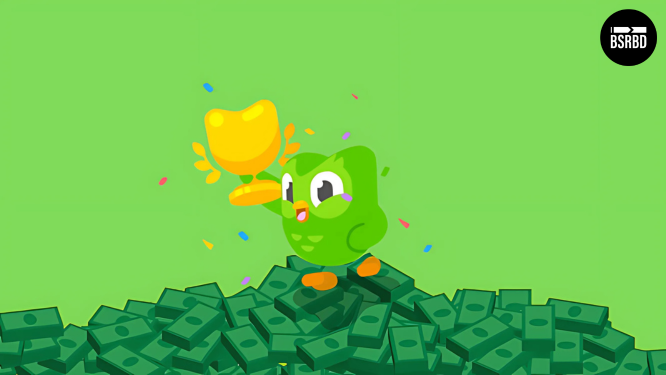Many of us believe that in order to grow a business, we must spend heavily. We think spending millions on advertising is the only way to scale. However, history tells a different story. Some of the world’s biggest brands started with a small, clever hack winning the market not with money but with creativity and bold thinking.
Here are three examples worth revisiting:
1) Airbnb: Leveraging Craigslist’s Audience
In 2008, Airbnb was a little-known startup. The marketing budget was very low. To gain popularity, the founders took an initiative that allowed any room listed on Airbnb to be automatically posted on Craigslist.
At the time, Craigslist had millions of users actively searching for housing. This simple integration placed Airbnb in front of a massive audience without a single dollar spent on advertising. The result was explosive user growth as thousands of people discovered the platform overnight.
2) PayPal: The $10 Incentive
PayPal faced a different challenge in its early days: convincing people to try an unfamiliar payment service. The solution was bold and direct: “Open an account and receive $10.”
Even more powerful was the referral element—both the user and the friend they invited earned $10 each. This incentive turned customers into promoters.
Within months, millions had joined the platform. What we now call referral marketing was pioneered by PayPal nearly two decades ago.
3) YouTube: The Embeddable Option
When YouTube launched, no one knew the brand. Instead of relying on advertising, the founders introduced an embeddable video player that could be used in blogs and websites.
This feature transformed bloggers and publishers into promoters. Every embedded video became a channel to bring new users. The more websites embedded videos, the more people clicked and joined. The impact was immediate and lasting. Today, YouTube is the world’s second-largest search engine.
The main Lesson
Growth hack is not about outspending competitors. It is about leveraging data, technology, and creativity. It is about identifying shortcuts that create disproportionate impact.
Sean Ellis—the entrepreneur who popularized the term “Growth Hacking” described it best:
A true growth hack delivers exponential results without proportional costs.


